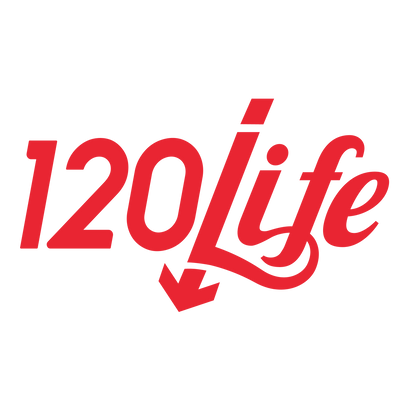Apparently this stuff works - Mike M.
You can feel the difference - Kevin K.
My BP was 157/101... now it is 129/87 - Latasha G.
Seems to work... lowered my numbers by 7% - Scott L.
It is a life saver - Golda C.
I feel better, I have more energy - Alex Y.
My BP went down 10 points in 2 weeks - Lucy W.
I have only been drinking it for 2 weeks and my BP numbers have gone down - Elizabeth S.
Apparently this stuff works - Mike M.
You can feel the difference - Kevin K.
My BP was 157/101... now it is 129/87 - Latasha G.
Seems to work... lowered my numbers by 7% - Scott L.
It is a life saver - Golda C.
I feel better, I have more energy - Alex Y.
My BP went down 10 points in 2 weeks - Lucy W.
I have only been drinking it for 2 weeks and my BP numbers have gone down - Elizabeth S.
Add description, images, menus and links to your mega menu
A column with no settings can be used as a spacer
Link to your collections, sales and even external links
Add up to five columns
Add description, images, menus and links to your mega menu
A column with no settings can be used as a spacer
Link to your collections, sales and even external links
Add up to five columns
Espresso or No-Presso? Navigating Coffee with High Blood Pressure
February 20, 2025 2 min read

Coffee has long been a subject of fascination and debate in the realm of health and wellness. As someone who savors the ritualistic pleasure of a well-brewed cup, I've often found myself intrigued by the evolving research surrounding its effects, particularly on individuals grappling with hypertension. In an article on the American Heart Association (AHA) website citing a study from their journal, they discussed a concerning correlation between coffee consumption and cardiovascular health, particularly in those with blood pressure of 160/100 or higher.
In this study, researchers delved into the relationship between coffee intake and mortality rates from cardiovascular disease among individuals with high blood pressure that was 160/100 or higher. The findings were alarming. As little as two cups of coffee per day were associated with doubling the risk of death from cardiovascular disease in this population.
As someone who values evidence-based insights into health and wellness, I couldn't help but feel concerned upon reading these findings. For many of us, coffee is more than just a beverage – it's a source of comfort, productivity, and a social lubricant. Yet, in light of this research, it becomes imperative to be mindful of our choices regarding this much-loved brew, especially for those grappling with blood pressure in this range.
What does this mean for those of us who rely on coffee to kickstart our mornings or power through our workdays? While the temptation may be to dismiss these findings as an exception or an inconvenience, it's crucial to approach them with the gravity they deserve. If one’s BP is in this range, we owe it to ourselves to prioritize our cardiovascular health and make informed decisions about our coffee consumption.
But before we bid farewell to our morning pick-me-up altogether, it's important to recognize that moderation is key. While the study identified a potential risk associated with as little as two cups of coffee per day, it's worth noting that:
- individual responses to caffeine can vary significantly. Some individuals may find that they can tolerate moderate coffee consumption without adverse effects, while others may need to exercise greater caution.
- In this study, for those with BP of 160/100 or higher, 1 cup of coffee did not have this dangerous effect.
- Even though green tea has caffeine, it did not affect risk.
I always say “choice from knowledge”. Ultimately, knowledge is power. By staying informed about the latest research and understanding how it applies to our individual circumstances, we can make choices that promote our long-term health and well-being. Whether that means cutting back on our coffee intake, exploring alternative beverages, or simply approaching our caffeine consumption with greater mindfulness, the key lies in knowing and making our choices based on that.
In conclusion, the AHA article serves as a sobering reminder of the complex interplay between coffee consumption and cardiovascular health, particularly in the above noted range. While these findings may prompt us to reassess our habits and routines, they also offer an opportunity for growth and adaptation. By approaching this new information with curiosity, compassion, and a commitment to our health, we can navigate the hazards with confidence and resilience.
Here's to your health! Stay informed and stay empowered!
Leave a comment
Comments will be approved before showing up.
Subscribe
Sign up to get the latest on sales, new releases and more …

